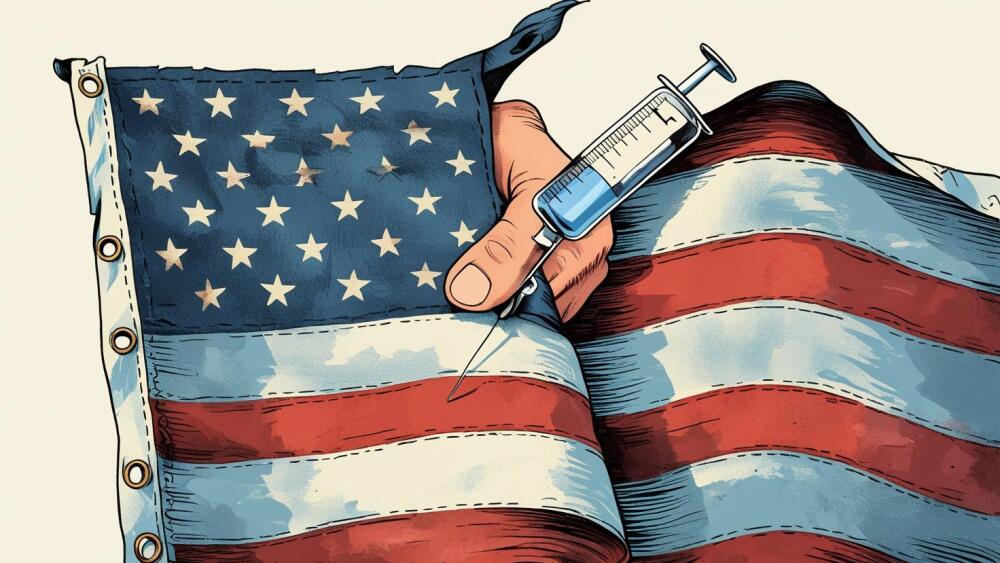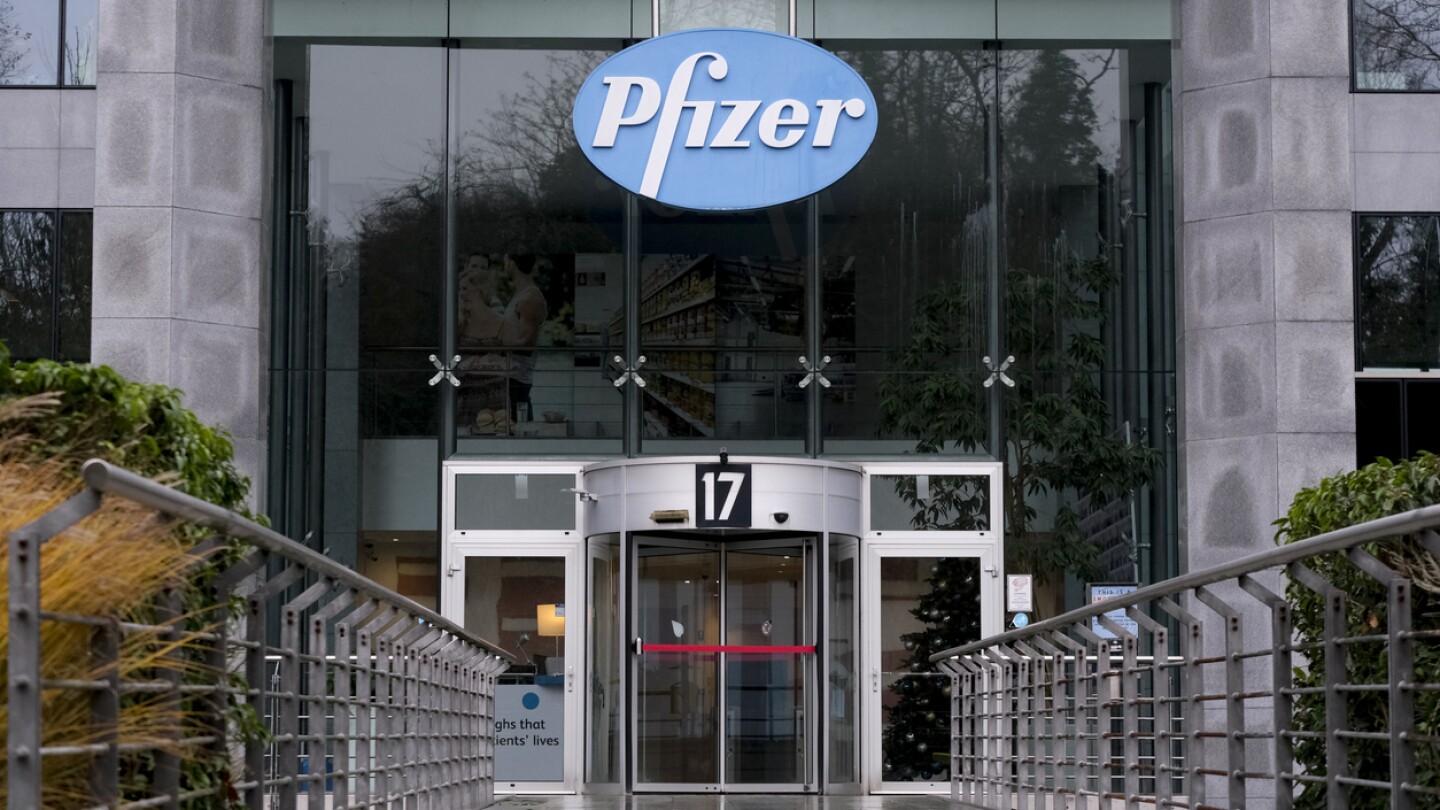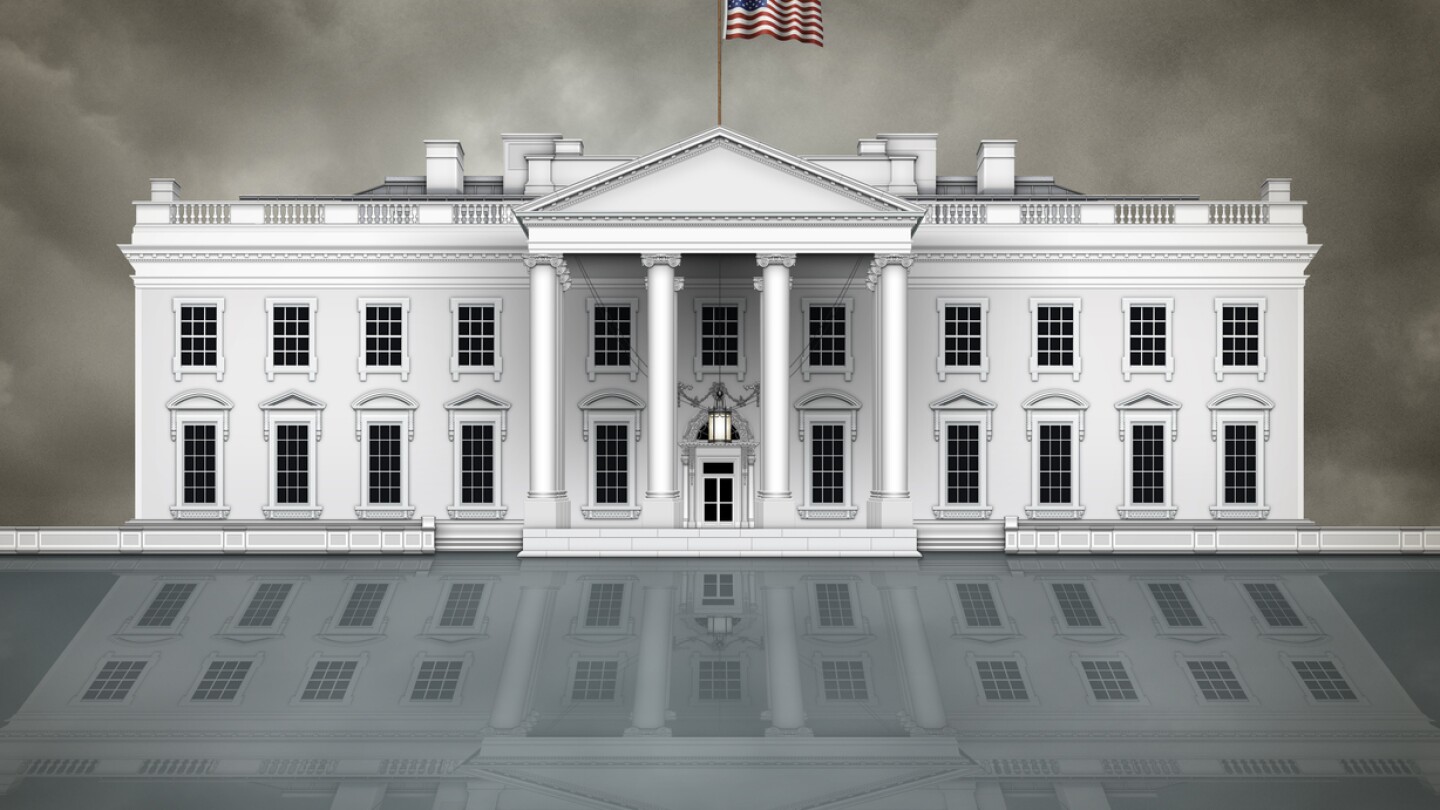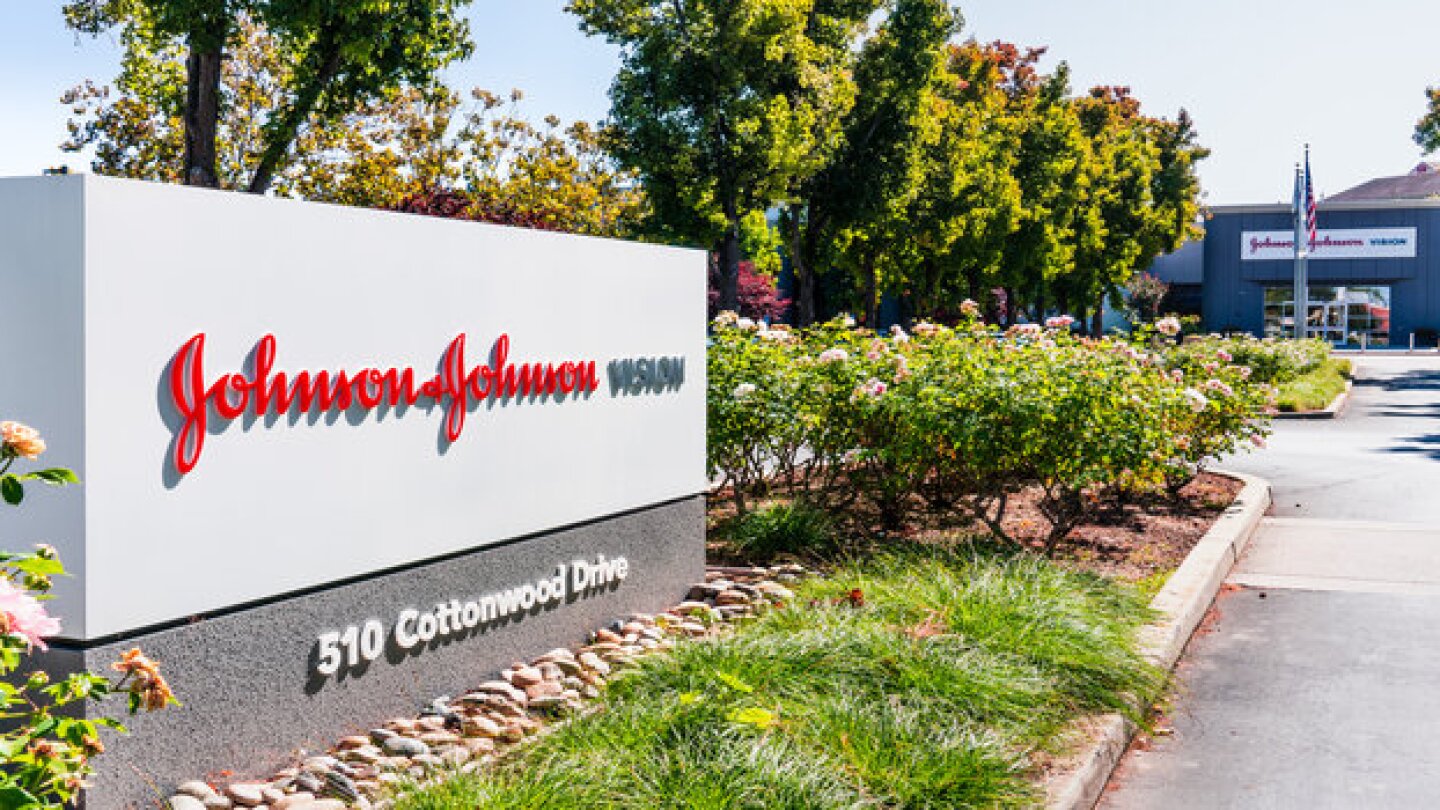News
The appointment of Richard Pazdur, currently director of the FDA’s Oncology Center of Excellence, comes less than a week after he reportedly declined the post, and just nine days after his predecessor’s controversial exit.
FEATURED STORIES
While investment has slowed in radiopharmaceuticals, analysts predict increased interest to come as Novartis shows just how successful radiopharmaceuticals can be.
The upheaval of the Health and Human Services workforce and leadership leaves much to be desired in terms of delivery, recently retired FDA Chief Information Officer Vid Desai tells BioSpace, but the regulatory agency is evolving to be more open to much needed change.
Had Pfizer’s Freda Lewis-Hall not stepped in, SpringWorks’ rare disease treatment may never have reached patients. Pharmas can act now to help find the next Gomekli.
Job Trends
The Trump administration’s recently announced fee for new H-1B visa petitions is “completely unreasonable,” an immigration attorney told BioSpace. Attorneys and talent acquisition experts discuss how the fee could impact biopharma and confusion around the proclamation.
FROM OUR EDITORS
Read our takes on the biggest stories happening in the industry.
Vaccine skepticism is at an all-time high in the U.S., and HHS Secretary Robert F. Kennedy Jr. is making some drastic moves in the name of reversing that trend. But misinformation and inconsistencies within the country’s healthcare agencies highlight problems with his approach.
THE LATEST
Multiple analyst firms were impressed by the Phase III data, which showed that Merck’s oral PCSK9 inhibitor can lower low-density lipoprotein cholesterol by more than 55% after 24 weeks.
The deal is done. What happens next for Pfizer and Metsera—and Novo?
A new generation of companies is eyeing the existing, sizeable hair loss market, hoping that better formulations and new scientific targets will finally produce treatments that are safer and more effective, as well as commercially successful.
After a bidding war erupted between Pfizer and Novo Nordisk over the fledgling obesity drugmaker, Metsera sided with its original suitor in a final agreement announced late Friday evening.
During a press conference to announce a drug price deal for GLP-1s, President Donald Trump asked for more details about the ongoing bidding war between Novo Nordisk and Pfizer over obesity biotech Metsera.
Following restricted vaccine approvals and changes to CDC immunization schedules, Merck, Pfizer, GSK and Sanofi are all suffering revenue hits to their vaccine programs.
The Phase III results impressed Guggenheim Partners analysts both in terms of efficacy and safety. If approved, atacicept would become the first APRIL/BAFF inhibitor for IgAN to make it to the market.
The FDA previously placed two clinical studies on hold, including the Phase III trial in which the liver toxicity occurred. Intellia is working with experts to create a risk management program for nex-z.
Darzalex Faspro’s approval for smoldering multiple myeloma could allow for earlier intervention and reduce the risk of progression to active disease.
The nausea and other gastrointestinal side effects of weight loss drugs like Novo Nordisk’s Wegovy or Eli Lilly’s Zepbound will limit how much these drugs can help patients and stunt the overall obesity market unless we approach the problem head on.






















